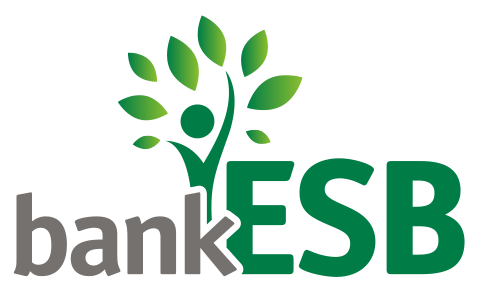Cybersecurity Awareness Month: How to Monitor Your Accounts
It’s Cybersecurity Awareness Month and we’re sharing resources all month long on how to stay safe online! Click here to visit our Cybersecurity Webpage and more resources.
Preventing fraud before it happens is always better than dealing with the aftermath. Monitor your accounts to detect and block fraud attacks before they lead to real damage. Whether you partner with a third-party service like Experian to monitor accounts for you, or if you have an antivirus software on your computer, here are some best practices you can do to detect fraud threats.
How to Monitor Your Accounts:
- Review Bank and Credit Card Statements
Whether it’s daily or weekly, make it a habit to review your account statements. Look for unfamiliar transactions, withdrawals that you didn’t authorize, and pending transactions. If you find a discrepancy, report it to your bank. The sooner you report it, the better the chance that you can stop the fraud from happening again and potentially even get your money back. - Use Online Banking Securely
Always make sure you are on a secure Wi-Fi network when logging into Online Banking. Use strong passwords and change them regularly. Consider using Multifactor Authentication (MFA) which adds another layer of security by requiring confirmation through another device or a unique code sent to your phone. Click here to read more tips for staying safe online. - Set Up Account Alerts. Online and Mobile Banking services offer the ability to customize account preferences for withdrawals over a certain amount, a balance below a specified level, or any login from a new device. These alerts work as an alarm system to let you know if something suspicious is happening with your account. Card Manager helps you control your cards through your mobile device. You can set and receive alerts for attempted and declined transactions, when your card is used, or when transactions exceed set controls.
- Maintain Records. Having records of your account transactions or financial information is helpful, especially if you are locked out of your account due to suspected fraud. This information will be needed when speaking with your bank or law enforcement.
- Stay Informed. Stay well-versed on common scams and fraud threats so you know you know what to look for. Subscribe to bankESB communications and regularly check our Fraud Prevention webpage and other trusted sources like the FTC to receive the latest on current fraud in our area.
bankESB is here to protect you.
Your security is our priority. To learn more about ways we can help you stay safe online, contact us at 855.527.4111, stop by your nearest office, or visit our Cybersecurity webpage!


